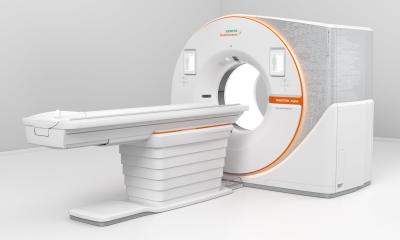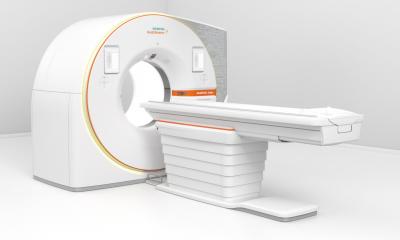Integrated healthcare solutions
Siemens Healthcare announced the signing of an agreement with Hospital Clinic in Barcelona, Spain, to integrate the use of laboratory diagnostics, imaging and information technology systems with the intent to improve management of patient care from early detection and diagnosis of diseases or conditions to patient treatment.
Under the agreement, Siemens and the Hospital Clinic will initially focus on three specific areas: liver fibrosis, fetal medicine and colon cancer.
By integrating patient information generated from the laboratory and imaging systems, physicians are able to receive integrated information about a patient more quickly, enabling them to make clinical decisions and possibly begin treatment sooner than before. In the long-term, this practice should allow for more patient-centric healthcare, improved clinical outcomes and cost savings to healthcare payers.
"Siemens Healthcare is the first company capable of offering integrated healthcare solutions, which we believe is the next generation of patient care,” said Donal Quinn, CEO, Siemens Healthcare Diagnostics. “By working together with Hospital Clinic, Barcelona, we will align technologies used to detect and treat several diseases or conditions so physicians can obtain more comprehensive patient information earlier, leading to improved quality of life for patients through earlier diagnosis and treatment."
The Hospital Clinic, Barcelona has a history of using new technology and concepts to advance healthcare research and patient care at their hospital. Siemens will work with the hospital’s experts in three specific areas—liver fibrosis, fetal medicine and colon cancer—to develop specific practices to increase early detection of diseases or abnormalities. These practices will be based on integrating patient data from the laboratory, imaging and information technology systems.
“This agreement allows us to build a platform for a new concept for patient care,” said Dr. Josep María Piqué, vice director, Hospital Clinic, Barcelona. “Integrated healthcare will benefit our patients in many ways including the possibility of replacing invasive testing methods, such as biopsy, with a combination of non-invasive testing methods. In the case of early detection of a prenatal condition, we hope to ensure the health of unborn babies.”
19.12.2008





